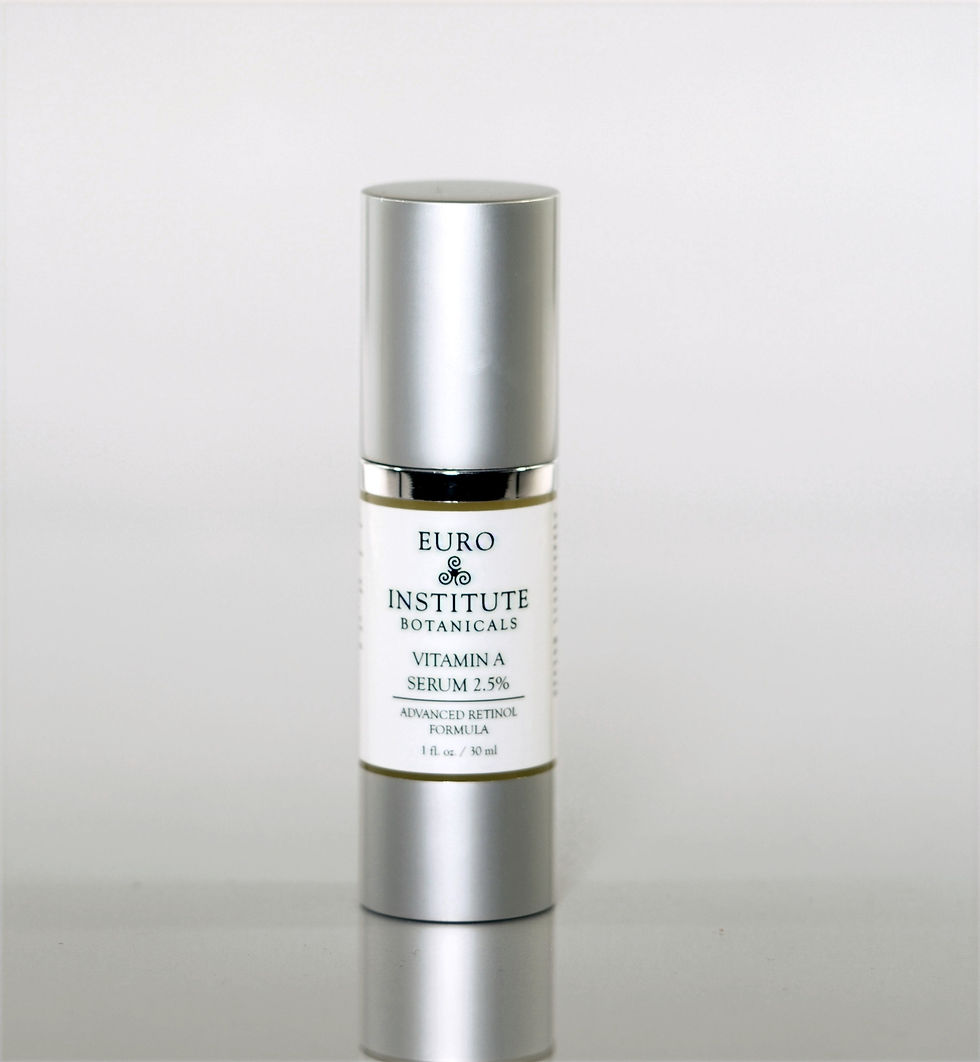The Good & The Bad of Mixing Products
- Euroskinsource

- Mar 6, 2021
- 2 min read

By now you’ve heard and read about all the powerful skincare ingredients that will bring out the best in your client’s skin. Do you know how well they play with others? And more importantly, do your clients know? Not all get along, and combinations of some can negate one or the other’s benefits.
Here are 5 powerful ingredient combos we recommend, and 4 not so good we recommend avoiding.
Not so Good Combos
Benzoyl Peroxide and Retinol: These are both used in the treatment of blemish prone and problem skin; however, they can cause irritation when layered. They can both be used daily, just not on top of each other.
Vitamin C and Alpha Hydroxy Acids: This acidity in these two ingredients may cause irregular pH balance on the skin, which negates their effectiveness.
Vitamin B3 (niacinamide) and Alpha Hydroxy Acids: The low pH from AHAs may cause vitamin B3 to produce nicotinic acid, a potential skin irritant. Vitamin B3 works best when the skin has a neutral pH balance.
Vitamin C and Retinol: Retinol is a powerful ingredient that often causes irritation, dryness and flakiness in the skin with regular use. Vitamin C may also cause irritation in some skin types, particularly sensitive so caution should be used when combining these in skincare.
Alpha Hydroxy Acids and Retinol: See above – always use caution when combining anything with retinol. Combinations of hydroxy acids are often used in facial cleansers and exfoliators. Use different products containing these ingredients in the same facial or as part of daily homecare but avoid layering them.
Good Combos

Retinol and Glycerin: Glycerin can help hydrate the skin and provide moisture that is lost with retinol.
Vitamin C and Ferulic Acid: Vitamin C and ferulic acid are a great combination, especially for mature skin. Ferulic acid helps stabilize vitamin C so its antioxidant potency doesn’t degrade as quickly.
Retinol and Hyaluronic Acid: Hyaluronic acid helps naturally bind moisture to the skin that retinol depletes. It is an effective ingredient to use with most other skincare products.
Vitamin C and Vitamin E: These antioxidant vitamins boost each other and help fight against free radicals.
Regardless of the skin type or condition you as the esthetician are treating (or recommending to your client), it’s a good idea not to introduce too many products to the skin at one time. Advise your client to add them one at a time and wait a few days to evaluate any skin reactions they may have.


